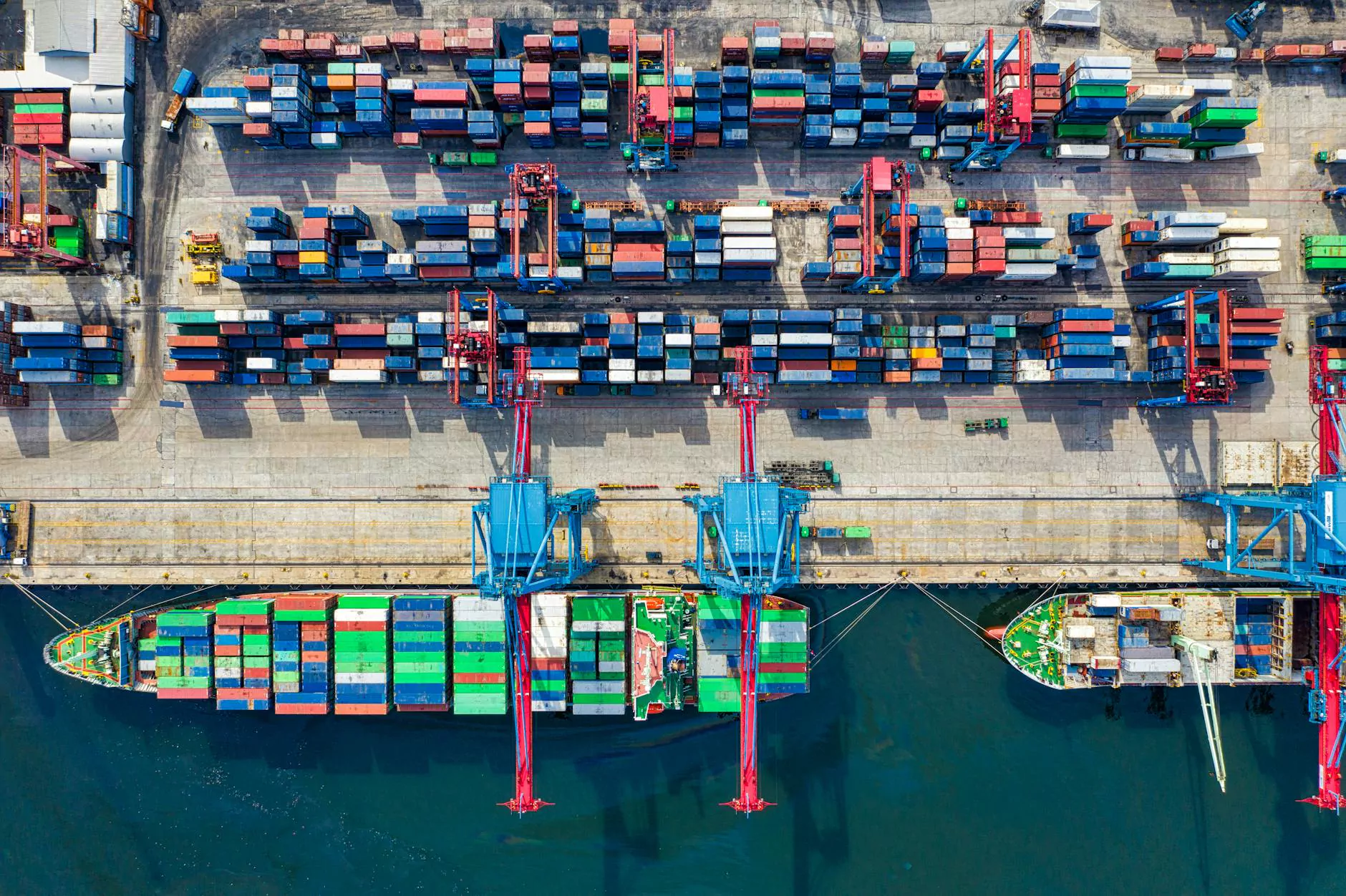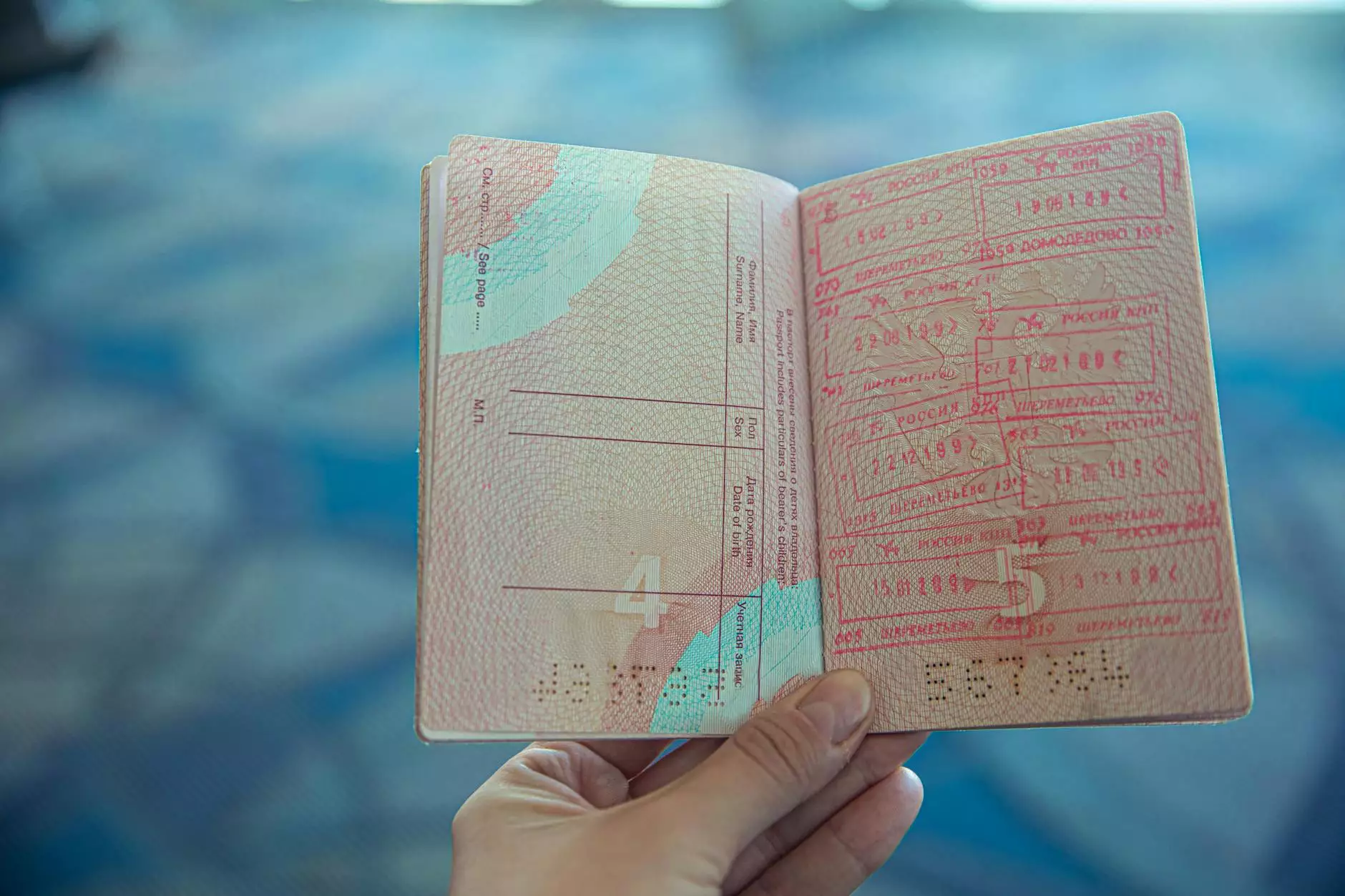Understanding the FTL Shipment Process

In the world of logistics and freight, the term "quote FTL shipment" is pivotal for businesses looking to optimize their shipping strategies. Full Truckload (FTL) shipments are a key component of transporting goods efficiently, and understanding how to request and manage them can give any business a competitive edge.
What is FTL Shipping?
Full Truckload shipping refers to a freight shipping method where an entire truck is dedicated to a single shipment. Unlike Less Than Truckload (LTL) shipping, where multiple shipments from various clients share the same truck, FTL shipping is ideal for larger shipments. This method is often more cost-effective when the bulk of a company's goods can fill an entire truck. Here’s why:
- Cost Efficiency: When you book a full truck, you typically save on per-unit shipping costs.
- Reduced Transit Time: FTL shipments have fewer stops, which speeds up delivery.
- Enhanced Security: With your shipment being the only cargo, there’s less risk of damage or loss.
The Importance of Requesting an Accurate FTL Shipment Quote
When you quote FTL shipment, you are establishing the framework for your entire shipping endeavor. Getting an accurate quote is crucial for several reasons:
- Budget Planning: An accurate quote helps you understand shipping costs, allowing you to budget accordingly.
- Negotiation Power: Knowing the baseline costs gives you leverage in discussions with logistics providers.
- Service Selection: Various companies might offer different services; knowing your quote helps you evaluate options based on your needs.
How to Request an FTL Shipment Quote?
Requesting a quote for FTL shipping is a straightforward but essential process. Here’s how to do it effectively:
- Gather Your Shipment Details: Collect information such as weight, dimensions, type of goods, and pickup and delivery locations.
- Select a Reputable Logistics Provider: Look for companies with positive reviews and experience in FTL shipping.
- Contact the Provider: Reach out via their website or customer service to request a quote.
- Provide Comprehensive Information: Ensure you share all details accurately to receive a precise quote.
- Compare Quotes: After obtaining several quotes, compare them based on price, transit time, and services offered.
Factors Influencing FTL Shipment Quotes
When you look for a quote FTL shipment, various factors come into play that can impact the final pricing:
- Distance: Longer distances typically lead to higher costs.
- Freight Class: Heavier, bulkier, or hazardous materials may incur additional fees.
- Fuel Prices: Fluctuations in fuel costs can significantly affect shipping rates.
- Seasonality: Busy seasons may see increased costs due to demand.
- Accessorial Services: Additional services such as liftgate service or inside delivery can also increase costs.
Best Practices for Managing FTL Shipments
Once you’ve obtained a quote and decided on a provider, managing your FTL shipment effectively is essential. Here are some best practices:
- Plan Ahead: Schedule shipments in advance to avoid last-minute arrangements that can increase costs.
- Optimize Load: Ensure that your load is maximized to utilize space efficiently and minimize costs.
- Track Shipments: Use tracking tools provided by logistics companies to monitor your shipment in real-time.
- Maintain Communication: Keep lines of communication open between your business and the provider to address any issues promptly.
- Review Carrier Performance: After shipment completion, evaluate your carrier’s performance to inform future shipping decisions.
The Role of Technology in the FTL Shipping Process
Technology plays an increasingly significant role in managing FTL shipments. Here are some technological advancements transforming the industry:
- Transportation Management Systems (TMS): These systems help businesses plan, execute, and optimize their logistics operations, making the whole process more efficient.
- Load Boards: Online platforms that connect shippers with carriers, providing real-time access to available trucks and lanes.
- Tracking Software: Allows shippers to monitor their goods in transit, ensuring transparency and decreasing uncertainty.
- Automated Quoting Tools: Many logistics companies offer online platforms that provide instant quotes based on specific shipment criteria.
Future Trends in FTL Shipping
The logistics industry is continually evolving, with several trends shaping the future of FTL shipping:
- Sustainability: Companies are increasingly seeking eco-friendly shipping options, which could influence freight methods and operational practices.
- Autonomous Transportation: Self-driving trucks are expected to revolutionize the shipping industry, potentially reducing costs and increasing efficiency.
- Data Analytics: Utilizing big data can optimize routes, reduce delivery times, and enhance customer service.
Conclusion
Requesting a quote for FTL shipment is a critical process that can significantly impact your business’s logistics management. By understanding the nuances of FTL shipping, from accurate quote acquisition to effective shipment management, you can not only save costs but also enhance your service delivery and overall operational efficiency. As the logistics landscape continues to change, staying informed and adapting to new technologies will help your business thrive.
At FreightRate.com, we are committed to providing reliable information and top-notch services regarding all aspects of freight management. Embrace the future of shipping today by leveraging the benefits of FTL shipment!









